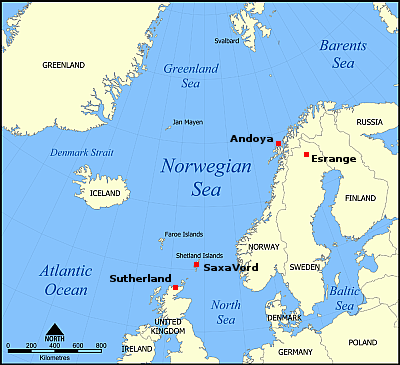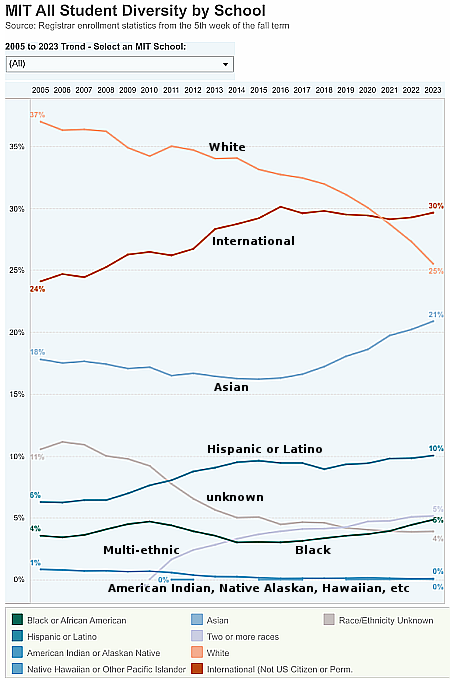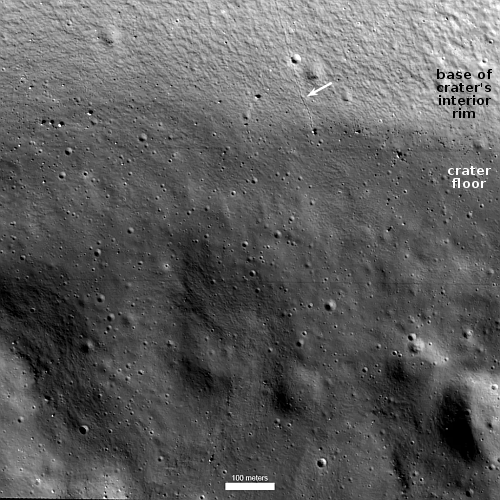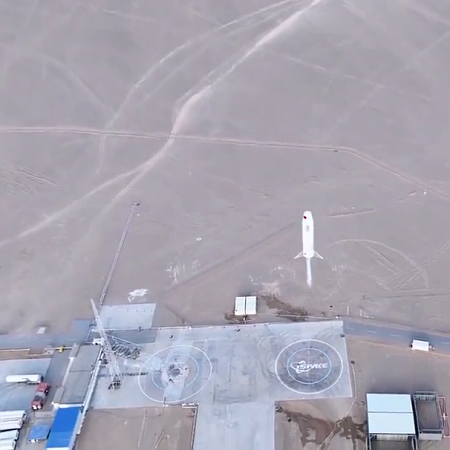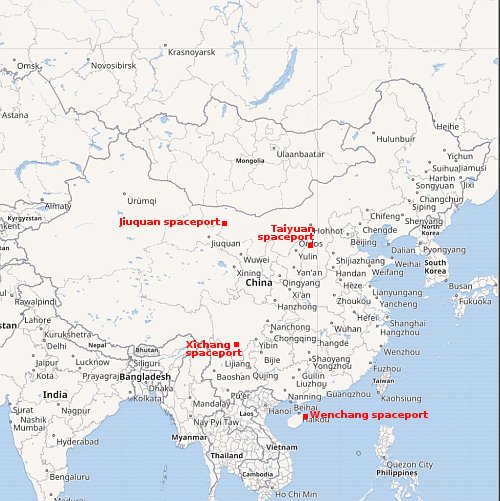Congress passes short term extension of commercial space regulatory “learning period”
The Senate yesterday passed a short term extension of the regulatory “learning period” at the FAA that limits its ability to regulate commercial space.
[The Senate] quickly passed an extension of the FAA’s authorization, a final piece of “must pass” legislation before the end of the year. The bill (H.R. 6503) passed the House on December 11. Among other things, it extends the “learning period” for commercial human spaceflight until March 9, 2024 that otherwise would have expired on January 1. The learning period, or “moratorium,” prohibits the FAA from promulgating new regulations on commercial human spaceflight while the industry is in its infancy.
The president still needs to sign this bill, but that is expected.
Originally passed in 2004 as an eight-year period, this “learning period” has been extended several times since. The industry wants a longer extension, as it still considers itself quite rightly to be in an experimental test phase, not operational in the sense of airplane manufacture.
Not that this extension matters. It appears in the past two years that the regulators at the FAA have decided to ignore the law and make believe this learning period really doesn’t exist, based on how that agency has treated test launches by SpaceX and others. Rather than let their launches proceed quickly as tests, the FAA has begun to treat each test as an operational flight that requires a long investigation before further launch approvals are given.
Unless there is a major change in leadership in the White House, we should expect a major slow-down of the American launch industry in the coming years, regardless of whether this “learning period” is extended or not.
The Senate yesterday passed a short term extension of the regulatory “learning period” at the FAA that limits its ability to regulate commercial space.
[The Senate] quickly passed an extension of the FAA’s authorization, a final piece of “must pass” legislation before the end of the year. The bill (H.R. 6503) passed the House on December 11. Among other things, it extends the “learning period” for commercial human spaceflight until March 9, 2024 that otherwise would have expired on January 1. The learning period, or “moratorium,” prohibits the FAA from promulgating new regulations on commercial human spaceflight while the industry is in its infancy.
The president still needs to sign this bill, but that is expected.
Originally passed in 2004 as an eight-year period, this “learning period” has been extended several times since. The industry wants a longer extension, as it still considers itself quite rightly to be in an experimental test phase, not operational in the sense of airplane manufacture.
Not that this extension matters. It appears in the past two years that the regulators at the FAA have decided to ignore the law and make believe this learning period really doesn’t exist, based on how that agency has treated test launches by SpaceX and others. Rather than let their launches proceed quickly as tests, the FAA has begun to treat each test as an operational flight that requires a long investigation before further launch approvals are given.
Unless there is a major change in leadership in the White House, we should expect a major slow-down of the American launch industry in the coming years, regardless of whether this “learning period” is extended or not.



